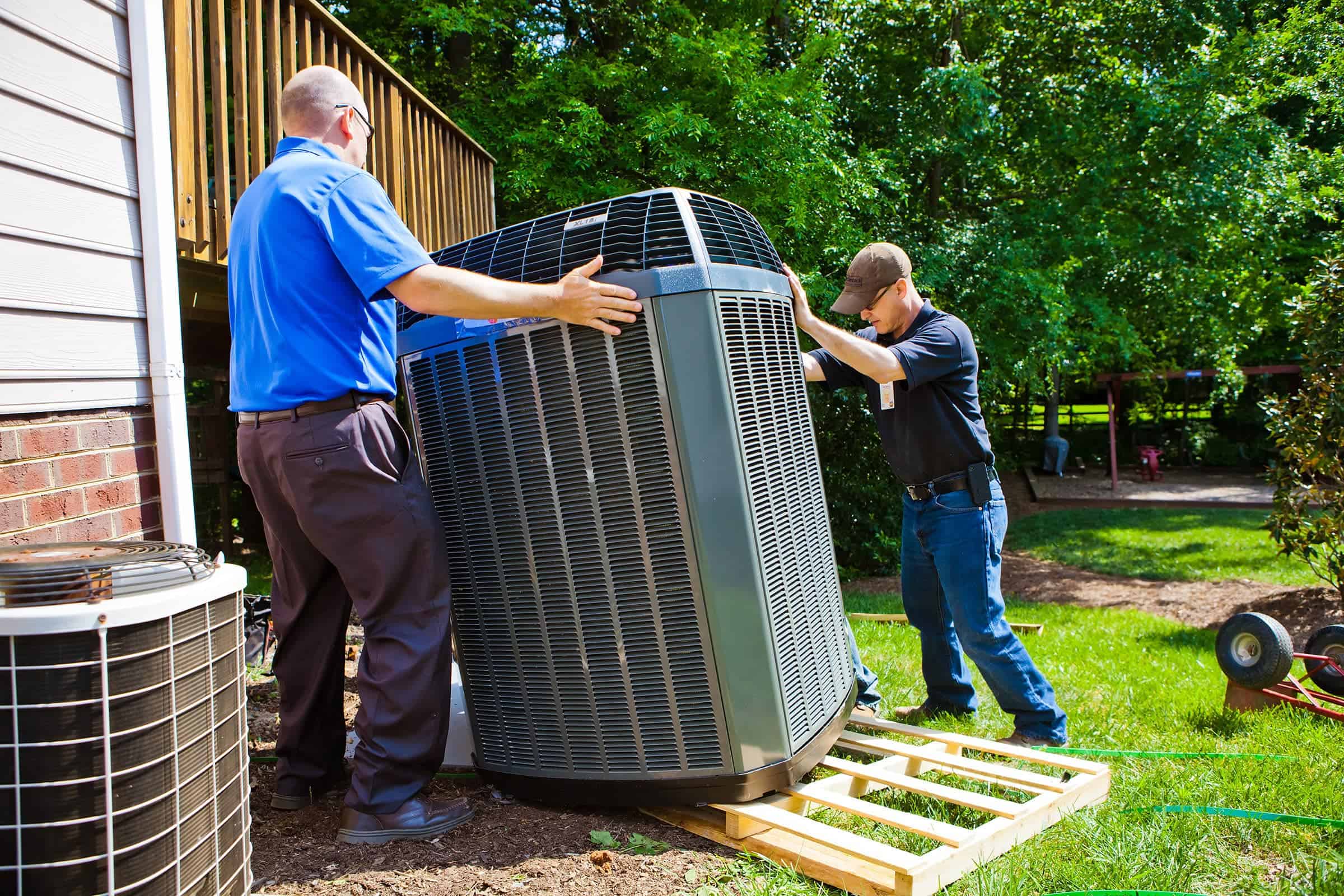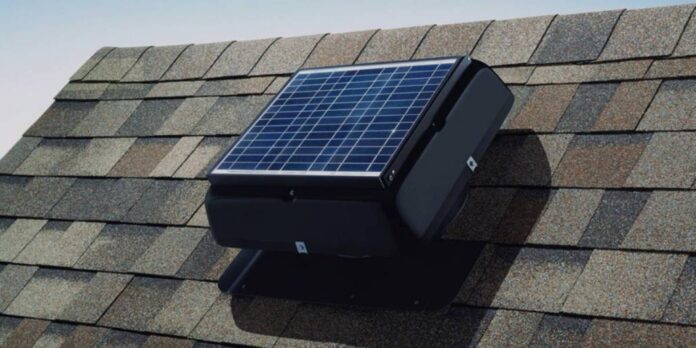Residential roof ventilation systems are a great way to ventilate and cool your attic space. They can help reduce the risk of moisture damage in your home and provide some insulation benefits. These systems are easy to install on most homes and don’t require special skills.
Balanced Ventilation System Help To Improve Comfort
A balanced ventilation system helps to improve comfort in your home. It is because it improves air quality, making breathing easier and reducing the risk of mould growth. When a house has a balanced ventilation system, it can mean more comfortable living conditions for everyone in the home. It also helps lower energy bills by helping reduce moisture buildup in the attic and crawlspaces. Moisture buildup can lead to ice dams on your roof, leading to water damage inside your home! It means less money spent on repairs over time too!

When looking for a new home, it’s always a good idea to ensure a balanced ventilation system. If you don’t see one listed in the home’s description or specifications, ask your real estate agent about it! It could be the difference between comfortable living and uncomfortable living.
Reduce Energy Bills
A rooftop ventilation system can reduce your energy bills by up to 30%. It is because the roof can breathe, and all that dust and debris isn’t sucked into your HVAC system as it would be without a proper ventilator. When there are fewer pollutants in your house, you won’t need to run those air conditioners or heaters as much, which significantly reduces carbon emissions!
Reduce the risk of ice dams and mould growth. Ice dams form when melted snow finds its way into your gutters and freezes again on the roof overhang, where it melts from the inside out rather than from the top down (as usual). The water then runs down and creates icicles that melt back down into your siding or shingles, which cause damage due to rotting wood or peeling paint; this leads us back around again. Reduce the risk of ice dams and mould growth. Reduce the risk of water damage. Roof ventilation helps keep moisture out so that you won’t have any problems with leaks or water damage in your home.
Increase The Life Of Your Roof
If you have a properly vented attic, there’s less chance for ice dams to form on your roof during the winter. It can save you thousands of dollars in repairs or replacement costs.
Reduce the risk of mould and mildew growth
Moisture buildup can harm your home’s interior and even cause structural damage if left unchecked. By installing a ventilation system, you’ll reduce the risk that moisture will seep into areas where it shouldn’t be.
Reduce the risk of condensation on your roof
Condensation occurs when warm air comes into contact with cold surfaces like windows or walls inside your house (or vice versa). Ventilation systems help combat this problem by allowing hot air out while bringing in cool air from outside, so there isn’t an imbalance between indoor/outdoor temperatures that leads to excessive moisture buildup inside walls or ceilings due to condensation forming on cold surfaces, such as windowpanes which causes rot over time!
Fresh Air Heater can Protect Your Home From Mould And Mildew Growth
A fresh air heater primary benefit is that it protects your home from mould and mildew growth. The adverse effects of mould can be severe, causing some people allergic reactions, respiratory problems, and asthma. Mould spores thrive in moist environments and spread quickly through the air if there are any leaks or gaps for them to enter through. It can become a problem if high humidity levels are present inside your house and moisture caused by improper ventilation or air leaks around windows and doors. Using a fresh air heater will help prevent these issues by increasing airflow throughout the living area of your home so that excess moisture won’t build up anywhere inside it!
It also helps prevent the buildup of carbon monoxide, which is a toxic gas that is produced when any combustion takes place. It includes smoking cigarettes and burning wood in stoves or fireplaces. Carbon monoxide poisoning can lead to headaches, nausea, vomiting, dizziness and confusion; if left untreated, it can also cause death!
Reduce The Risk Of Ice Dams
Ice dams are a common problem in cold climates. When warm air from the house meets cold snow on the roof, it creates an insulating layer of ice that pushes against your gutters and roofing material. This pressure can cause water to leak into your attic and home, which can result in mould and other damage to your property. Fresh air heaters reduce the risk of ice dams by keeping hot air out and pushing cool air through. By reducing heat buildup inside the attic, you reduce the amount of melting that occurs when the snow melts off your roof during warmer temperatures.
It also minimizes the risk of mould and other damage in your home by circulating air throughout your attic. It prevents stagnant air from collecting in one area, which can cause a buildup of moisture that promotes mould growth.
Heat Reclaim Ventilation Keep Warm Air From Escaping In Winter
In winter, heat reclaim ventilation can help keep warm air from escaping your home. It is essential because it can reduce the energy it takes to heat your house, saving you money.
If you live in a climate where temperatures drop below freezing for several months out of the year, a heat reclaims system may be just what you need to keep your family warm and cozy all season long.
Heat reclaim ventilation systems are also great for climates with only mild winters and hot summers. They work well in all types of buildings: single-family homes, multi-family homes (apartments), commercial buildings (offices), etc. It can help homeowners reduce their energy bills and improve the indoor air quality of their homes. They are a great way to increase the comfort and healthiness of your living environment.
Reduce Moisture Buildup In The Attic And Crawlspaces
If you find that your roof is leaking or if you see signs of moisture in the attic, such as wet or rotting insulation, it is likely due to improper ventilation. Lack of ventilation can lead to mould growth on any surface where water accumulates. Moisture buildup causes damage to roofing materials and reduces energy efficiency because it inhibits heat transfer through the roof decking; this will result in higher energy bills for your home. In addition, moisture buildup can impact insulation performance by increasing noise levels and exposing building occupants to potential health hazards from airborne mould spores and dust mites.
To prevent moisture buildup in your attic space, make sure that you have adequate ventilation. You can install a whole house fan to draw hot air out of your home; this will help lower your energy costs in the long run and reduce the risk of mould growth. Also, if you have an attic access hatch or pull-down stairs, keep them clear from debris so air can flow freely throughout the attic space. If you live in a humid climate and don’t have attic access, consider installing one for easier access.
Conclusion
There are many benefits to using residential roof ventilation systems. They help to improve comfort in your home and save energy by bringing fresh air into the house. They also reduce moisture buildup in the attic and crawlspaces, which prevents mould from developing on your walls.
Related Websites

